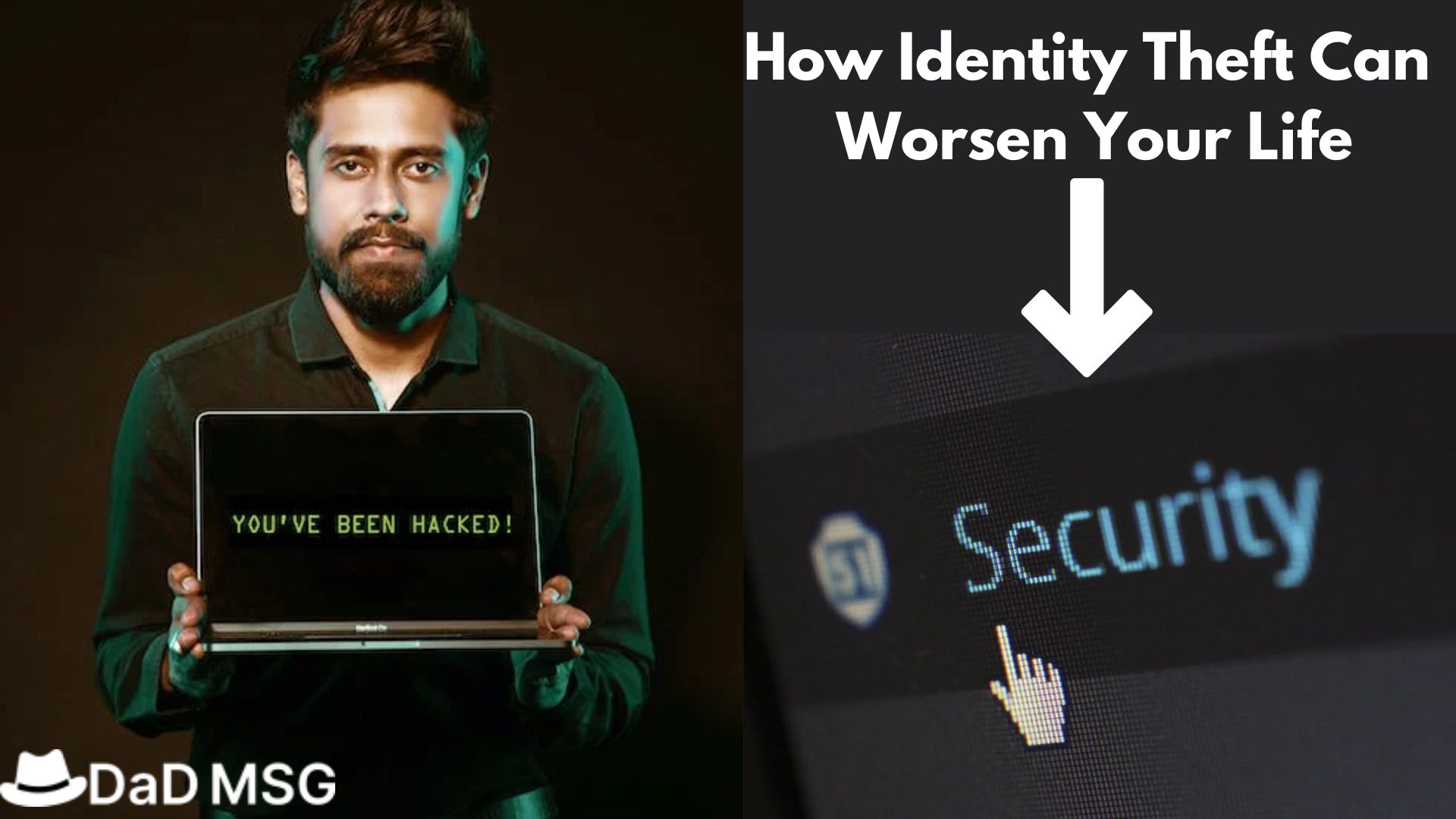Identity theft does not imply that you will be replaced in daily life by a sinister double. That is not a real-world scenario; it is a movie storyline. However, the practical repercussions of identity theft can be anything from bothersome to fatal. Sure, you could simply need to replace the cards in your wallet, but you can also find yourself having to argue your innocence to avoid going to jail. Let us take a closer look at a few of the issues identity theft may cause in your life. These issues can be avoided with the use of identity theft protection software.
- You must get new credit cards
Nowadays, you can use a credit card to buy almost anything, but every purchase comes with significant risks. You have no way of knowing in the real world if the waiter or waitress who took your card also made an internet transaction while processing your bill. When you make an online purchase, a dishonest seller could steal your card information and the little security code on the back and resell it for a quick $10 profit. Yes, the dishonest shopkeeper or cunning waiter will probably get discovered, but it does not make the danger go down.
If banks held you liable for bogus charges, simple card fraud would be a far greater issue. Simply put, a portion of bank fees cover those losses; in exchange, the bank receives your trust and loyalty. Even if you use the compromised card to automatically pay for online subscriptions or invoices, having to change it is still quite inconvenient.
- Your email accounts might be owned by hackers
You risk having your account compromised if your email password is weak or readily guessable, or if someone obtains access to your unlocked phone. And a hack of your email account is far more severe than someone simply reading your private communications.
Having access to your email account gives a hacker the ability to take control of extremely crucial accounts, including financial ones. Your email and financial accounts would all be instantly accessible to a criminal if you had carelessly used the same password for both. When hackers obtain the password for one account, they test it on other accounts since they are aware that many users use the same password promiscuously across several websites.
- Social media hacks will make you feel bad
You must safeguard your Facebook, Twitter, and other social media accounts using a secure password, just as you would for your email account. You might be in danger or face serious shame if you do not, or if a hacker uses a compromised email account to take over your social media accounts. Your private postings, photographs, and messages are all made public. selfies in the nack?
When a criminal hijacks your social media account, more than just your privacy is sacrificed. An increasing number of websites now allow you to log in using your Google, Facebook, Twitter, or another social network account instead of setting up a username and password. Although doing so makes your social network account a very desirable target for identity thieves, it could appear convenient.
Read more :- How To Keep Employees Safe When They Work From Home?
- Your whole life might be put on hold if your social security number is stolen
The Social Security Number (SSN) is the most often utilised piece of data when it comes to identifying people. As the first three digits were originally issued based on your location, with low numbers in the east and high ones in the west, it even contained some personal information about you. The Social Security Administration did not transition to random numbers with no embedded geolocation until 2011. And how exactly is this crucial SSN protected? Okay, so it is not.
Your SSN must appear on all official and commercial documents, such as IRS tax returns and mortgage applications. While occasionally you just need to provide the last four digits for verification, it happens frequently enough that the regulating agency needs your entire SSN. Your SSN may end up being disclosed, sold, or traded on the dark web if any of those companies or governmental organisations are breached, which would have terrible repercussions.
- Scraped Personal Information Can Help Fraudsters
Did you believe the individual rummaging through your recycling bin was looking for cans and bottles to drop off at the recycling facility? It is conceivable, but they may also have been searching for documents containing personally identifying information, such as bank statements, invoices, and other paperwork.
Your date of birth, Social Security number, address, and other personal information might be used by a thief to register new credit accounts in your name. The first bill you get for the new account would undoubtedly expose the fraud, but a cunning criminal may have those invoices delivered to a fake address. In this manner, identity theft will not even be brought to your attention until a collection agency contacts you.
Conclusion:
Most individuals do not take identity theft seriously enough when questioned about its repercussions. Most individuals are not very concerned with the issue until they have personally experienced identity theft.
It is considerably simpler to prevent identity fraud than it is to clean up the mess once it has happened. More individuals ought to be worried and adopt these comparatively simple precautions.


